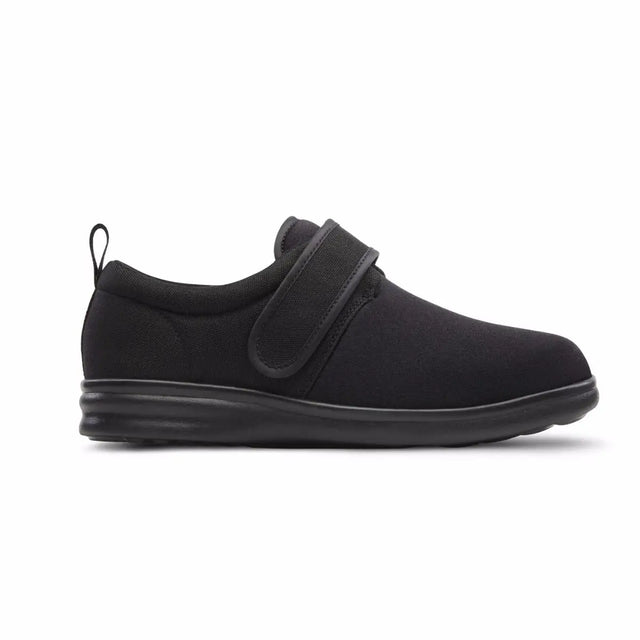Dahl Medical Supply provides mobility equipment for comfort and independence. We do not make medical claims or guarantee treatment outcomes. Always consult a qualified professional for medical advice.
Dahl Medical FAQs
About Dahl Medical Supply
Our Story – Dahl Medical Supply
Dahl Medical Supply has deep roots that stretch back over a century. Our story begins in 1912, when a small, community-focused pharmacy first opened its doors. Back then, the mission was simple: to serve neighbors with care, respect, and integrity. Over the years, the needs of our community evolved—and so did we.
Today, Dahl Medical Supply is proud to operate as a trusted medical equipment provider in Burnsville, Minnesota. While our name honors the original Dahl family who started this journey, our last name may not be Dahl—but we carry it with pride. We hold ourselves to the highest standard to represent this name with the class and dedication it deserves.
As a family-owned business, we believe in treating our customers like family too. Every product we offer, from mobility solutions to home medical equipment, is backed by our commitment to quality, compassion, and personalized service. More than just a store, we are a part of the community—here to make sure you or your loved ones have the tools and support needed to live life fully and independently.
For over 100 years, the Dahl name has stood for trust, service, and care. We’re honored to carry that legacy forward, one customer at a time.





